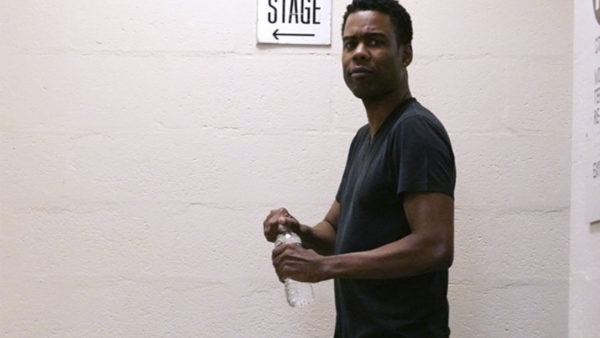‘It Was Always Something Off’: Chris Rock Opens Up About Living with a Nonverbal Learning Disorder and How’s He’s Managing It
Following a suggestion by a friend, Chris Rock had himself tested for a learning disorder and ended up being diagnosed with “something that was a lot like Asperger’s,” but through therapy sessions and medication, the comedy all-star is starting to feel more like himself than before.
The 56-year-old comedian and actor admitted that he always felt that something was “a little off” with the way he related to other people, in spite of not being able to put his finger on why. Being diagnosed with nonverbal learning disorder, or NVLD, gave him the missing piece of the puzzle.
Chris Rock is doing everything he can to manage his nonverbal learning disorder diagnosis. (Photo: @chrisrock/Facebook)
Rock underwent nine hours of cognitive testing in 2020, which led doctors to his diagnosis after an unnamed friend suggested he may suffer from Asperger’s syndrome. “A friend of mine told me I may have Asperger’s … So I got it checked. It turned out I had something that was a lot like Asperger’s,” he told Extra. “I have a hard time with … nonverbal cues. … My relationships — even with my family, women I dated — it was always something a little off.”
Now that he’s armed with the knowledge of why he’s struggled in his personal relationships, the “Everybody Hates Chris” creator feels equipped to face his diagnosis head-on. “Being diagnosed with it has put me in a position [where] I have doctors, I got certain medicines and stuff that help me deal with it.” he continued. “Everything is easier once you’re diagnosed.”
The “Good Hair” producer previously expressed that throughout his life he’s taken things too literally, and because 80 percent of communication is nonverbal, it’s made for plenty of uncomfortable moments, many of which he simply wrote off as a byproduct of fame. “I’d always just chalked it up to being famous,” he told THR. “Anytime someone would respond to me in a negative way, I’d think, ‘Whatever, they’re responding to something that has to do with who they think I am.’ Now, I’m realizing it was me. A lot of it was me.”
In addition to medication, the other “stuff” that Rock has been relying on to help his diagnosis includes therapy sessions, both individual and group, for about seven hours a week.
“We live in this world where everybody wants to be so self-made,” Rock said. “And I did this by myself. And what happens is we shut ourselves off to people, we don’t ask for help for a lot of things we need help for. … I do two therapists and I do a group, telling people my problems but also hearing other people’s problems and realizing you’re not alone. … And if you can talk to people, everything will be better.”

